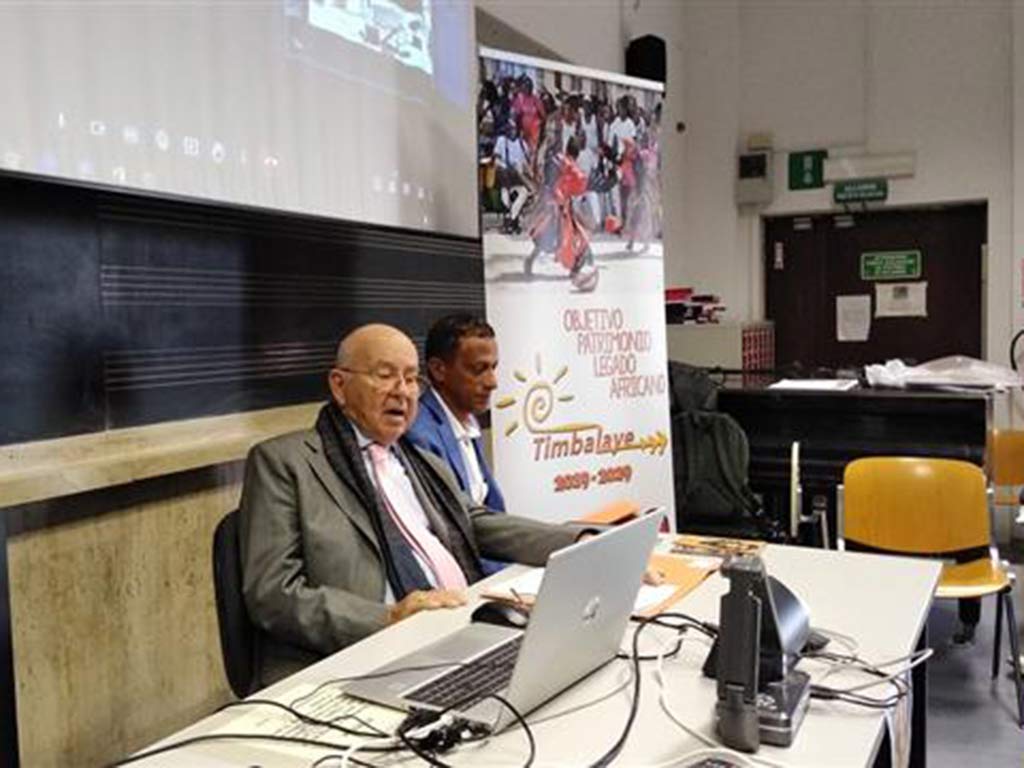The dissertation of the writer, poet, ethnologist and president of the Fernando Ortiz Foundation,Miguel Barnet, had as its central theme Batá drums, a sound identity, about that family of percussion instruments of Yoruba origin made up of the Iyá, the Itótele and the Okónkolo, which transcend the musical for its religious significance.
He referred to the purpose of achieving in the near future the recognition of these drums as Cultural Heritage of his country, as well as stated that it would be fair for the African legacy to be recognized as a World Heritage Site by the United Nations Educational Organization, the Science and Culture (Unesco).
The also honorary president of the Union of Writers and Artists of Cuba (Uneac), spoke about the work of Fernando Ortiz, anthropologist, jurist, and historian, whose life was linked to Italy, where at just 21 years old he served as consul in the Genoa City, and wrote the first works of his brilliant career here.
Barnet, to whom La Sapienza awarded the title of Doctor Honoris Causa in 2013, launched the initiative to create a Fernando Ortiz Chair in said center of higher studies that, if materialized, will allow us to learn more in this country about the contributions of that Cuban scholar, as well as strengthen the ties between both peoples.
The Italian professors of that university Luciano Vasapollo and Giovanni Giuriati also participated, as well as the anthropologist Antonino Colajanni, the ethnomusicologist Marco Lutzu and Marco Papacci, president of the National Association of Italy-Cuba Friendship (Anaic), who highlighted various aspects of the island’s culture.
During the activity that closed the Timbalaye International Forum, Ulises Mora and Irma Castillo, Cubans residing in Italy, who established this project since 2012, a space for dialogue and exchange on values and expressions of the culture of their country, also highlighted that this sixth edition of the event, which opened on May 18, was held in Rome and Genoa, in collaboration with Anaic and under the auspices of the Cuban Embassy in Italy.
On this occasion, the central theme was History, Sounds and Identity: Along the path of Recognition of the historical and cultural legacy of the African presence in Cuba, the Caribbean and Latin America.
ef/lam/ort









